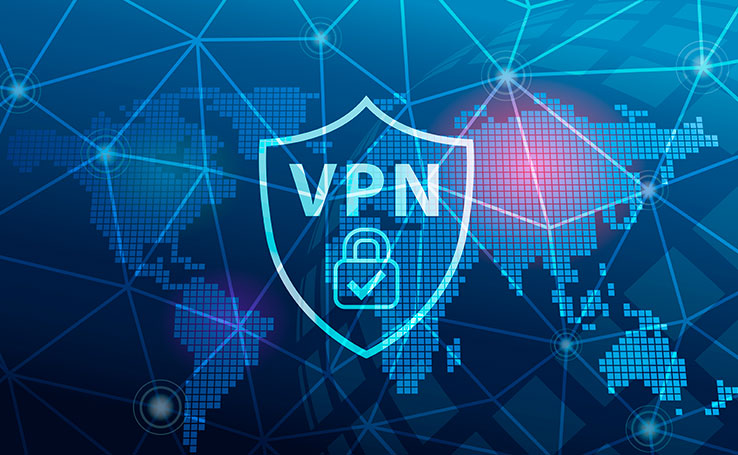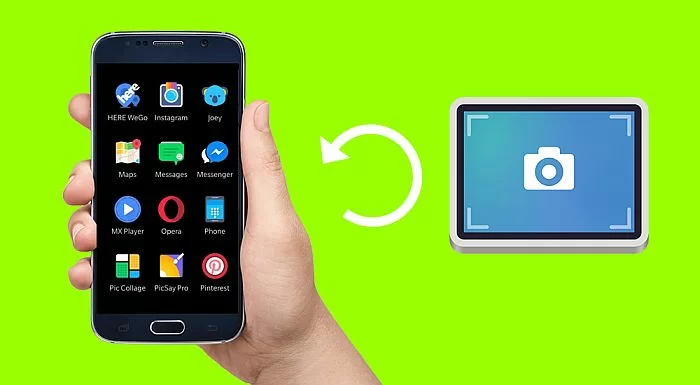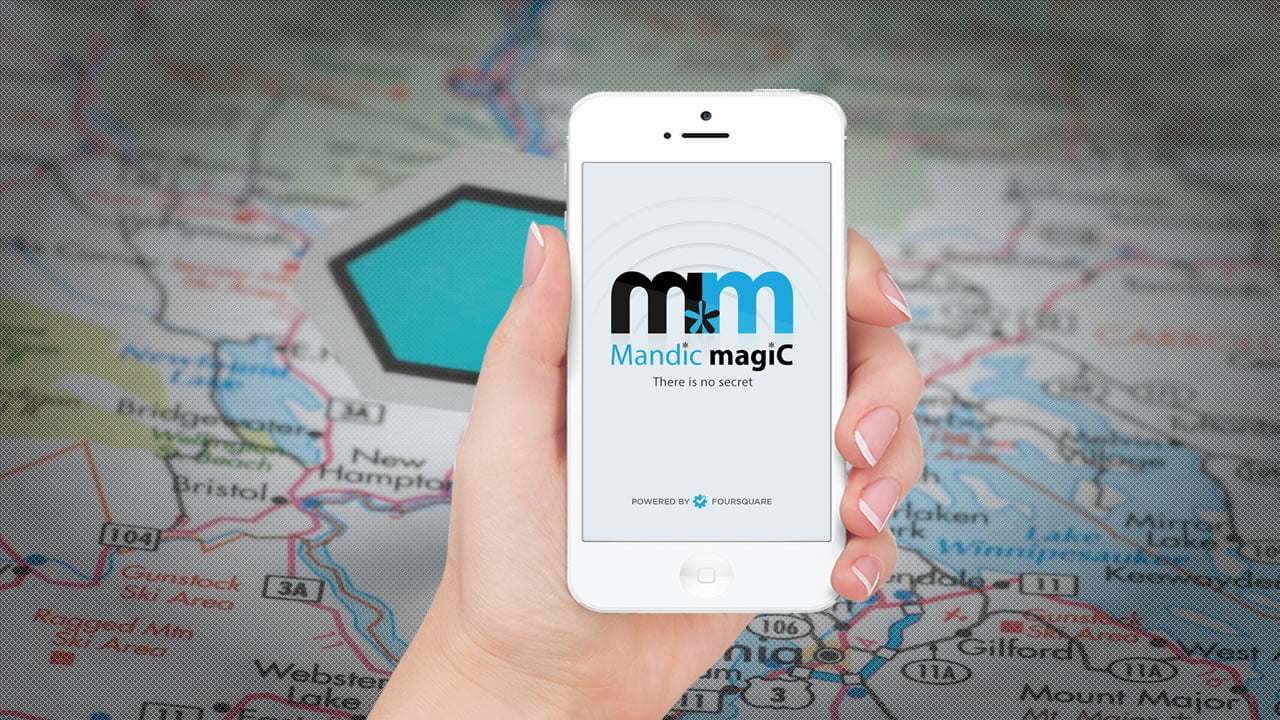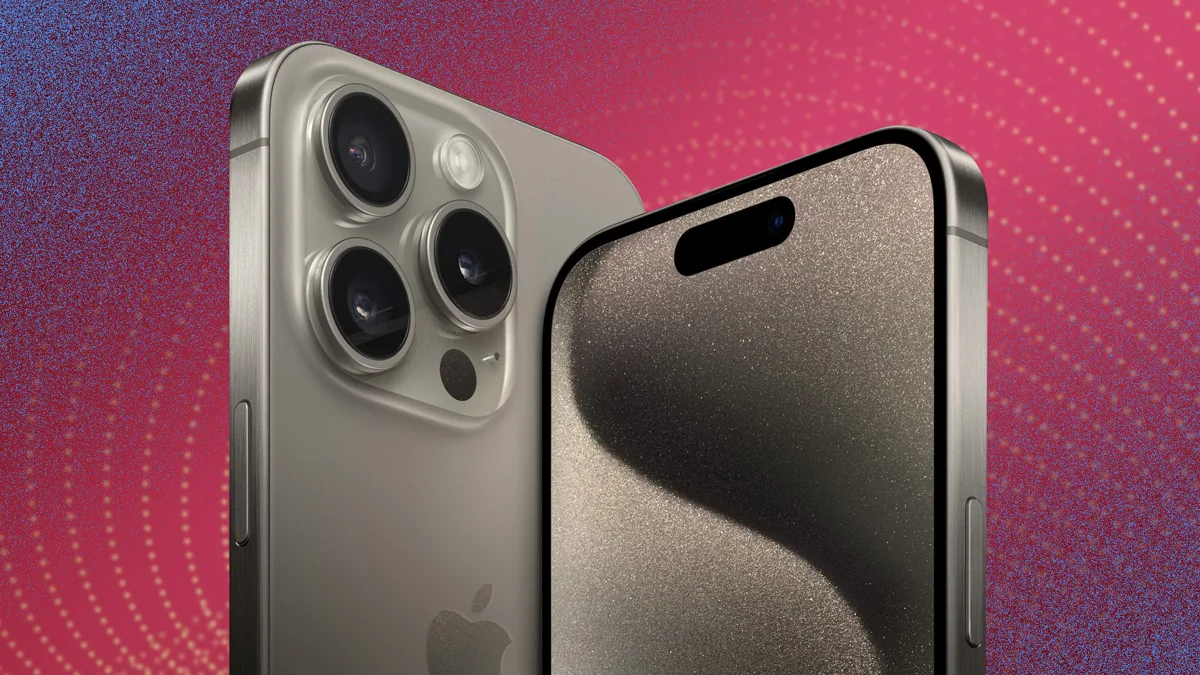In the digital age we live in, online privacy has become a priority for many smartphone users. One of the most debated solutions to this dilemma is the use of a Virtual Private Network (VPN), which promises to transform your connection into a sanctuary of privacy and security.
Adverts
However, the offer of paid and free services raises questions about the effectiveness of these solutions. In this review, we'll explore using a VPN on your cell phone, with a special emphasis on the free option offered by ProtonVPN.
A Virtual Privacy Curtain
The fundamental purpose of a VPN is to turn your connection into a private haven, providing a blanket of privacy and security over servers in a specific country. As a kind of digital disguise, this technology allows the user to browse the internet as if they were physically present in another location in the world.
By opting for a VPN, the user can access services restricted to certain geographic regions, expanding their online possibilities.
Connection to a VPN can be established manually or through dedicated applications, generally available from companies specializing in this service.
However, it is common to find paid options, which raises the question: is it possible to enjoy this benefit for free?
ProtonVPN: The Free Exception in a Sea of Paid Options
The affirmative answer to the above question lies in ProtonVPN, a company that stands out for offering its services free of charge to users.
However, it is crucial to maintain a realistic perspective: the free nature of the application implies some compromises, especially when it comes to privacy.
When opting for a free VPN, it is prudent to remember that the complete privacy of the connection is not guaranteed in the same way as with paid solutions.
Using ProtonVPN, or any free VPN, is a balancing act between privacy and risk, and users should be aware of the limitations that may arise when opting for this alternative.
VPN vs. Proxy: Security in Question
It is imperative to differentiate between VPN and proxy, two tools often mentioned when seeking anonymity online. The central distinction between these technologies lies in the security provided.
While a VPN fully protects data traffic while using the internet, ensuring that your information remains inaccessible to third parties, the proxy offers a thinner layer of anonymity.
The proxy, although also aimed at those who want to hide their identity online, lacks the encryption that characterizes VPNs.
Therefore, users who opt for proxies are susceptible to potential tracking of their online activities by third parties. Ultimately, the choice between VPN and proxy should be guided by the user's individual privacy and security needs.
Exploring Limitations and Benefits
As we delve deeper into the world of VPNs for mobile devices, it is essential to highlight the limitations inherent to free options.
ProtonVPN, while offering an affordable alternative, cannot guarantee the same level of security and privacy that its paid services provide.
This is a crucial point for users considering adopting a free VPN, as effective online data protection is undeniably a service that requires investment.
Another aspect to be carefully evaluated is the practicality of the VPN connection in an everyday context. The process of connecting to a server in another country may vary in terms of ease of use between different service providers.
Intuitive apps and user-friendly interfaces play a vital role in the user experience, especially for those without advanced technical knowledge.
When considering security and practicality, it is inevitable to question whether the choice between free and paid VPN is a matter of real value or just a momentary savings.
Digital privacy is an investment in personal security, and therefore it may be justifiable to allocate financial resources to ensure solid protection.
Differentiating yourself in Data Protection
One of the distinguishing features of paid VPNs is the implementation of advanced encryption. This element is crucial to ensuring that user data remains completely opaque to potential interceptors.
Renowned providers often use robust encryption protocols, setting a standard that is difficult for free options to replicate.
ProtonVPN, by offering a free version, introduces the user to an experience that can be educational in terms of digital privacy.
However, it is vital to understand that the encryption provided in their paid versions represents a higher level of protection. This differentiation must be taken into consideration by users who seek a balance between security and cost.
The Context of Online Privacy
The growing awareness of issues related to online privacy is a reflection of contemporary society. As we move towards a more interconnected world, digital privacy becomes an increasingly precious and vulnerable asset.
In this context, VPNs emerge as crucial tools, but it is also essential to examine the broader practices of the companies offering these services.
Companies that commit to transparency, respect user privacy and adopt solid security measures not only provide a service, but also contribute to building a safer and more ethical digital culture.
Beyond Cryptography
While many focus on encryption as a key indicator of a VPN's effectiveness, digital privacy is a complex ecosystem that encompasses many aspects.
Responsible data collection and storage, transparent privacy policies and ethical practices are equally crucial for full user protection.
As we explore the use of VPNs, it is essential to recognize the interconnectedness of topics such as privacy legislation, government surveillance, and company practices that shape the digital privacy landscape. When choosing a VPN, the user is inserted into a broader context of digital governance and business ethics.
Education as a Tool
Education plays a central role in empowering users to make informed decisions about their privacy online. Understanding the risks and benefits of different options, from VPNs to general digital security practices, is crucial.
Companies in the sector have a responsibility to provide educational resources that help users navigate the complex maze of digital privacy.
Awareness initiatives, clear tutorials on privacy settings and transparent information about data collection practices are fundamental elements in allowing users to make informed and assertive decisions regarding their online privacy.
Final Considerations: Privacy at a Conscious Cost
Using a VPN on your cell phone, especially when free, is a field of compromises and considerations. ProtonVPN stands out by providing a no-cost option, but users must understand that by forgoing payment, they are also giving up robust privacy guarantees.
Online security is a vital issue, and the choice between VPN and proxy can significantly shape the user experience.
At the end of the day, using a VPN on your cell phone is a valuable tool for those looking to protect their digital privacy, as long as they are aware of the nuances and limitations inherent to free options.
In a constantly evolving digital landscape, the search for solutions that provide a balance between privacy and cost remains a constant challenge for modern users.




